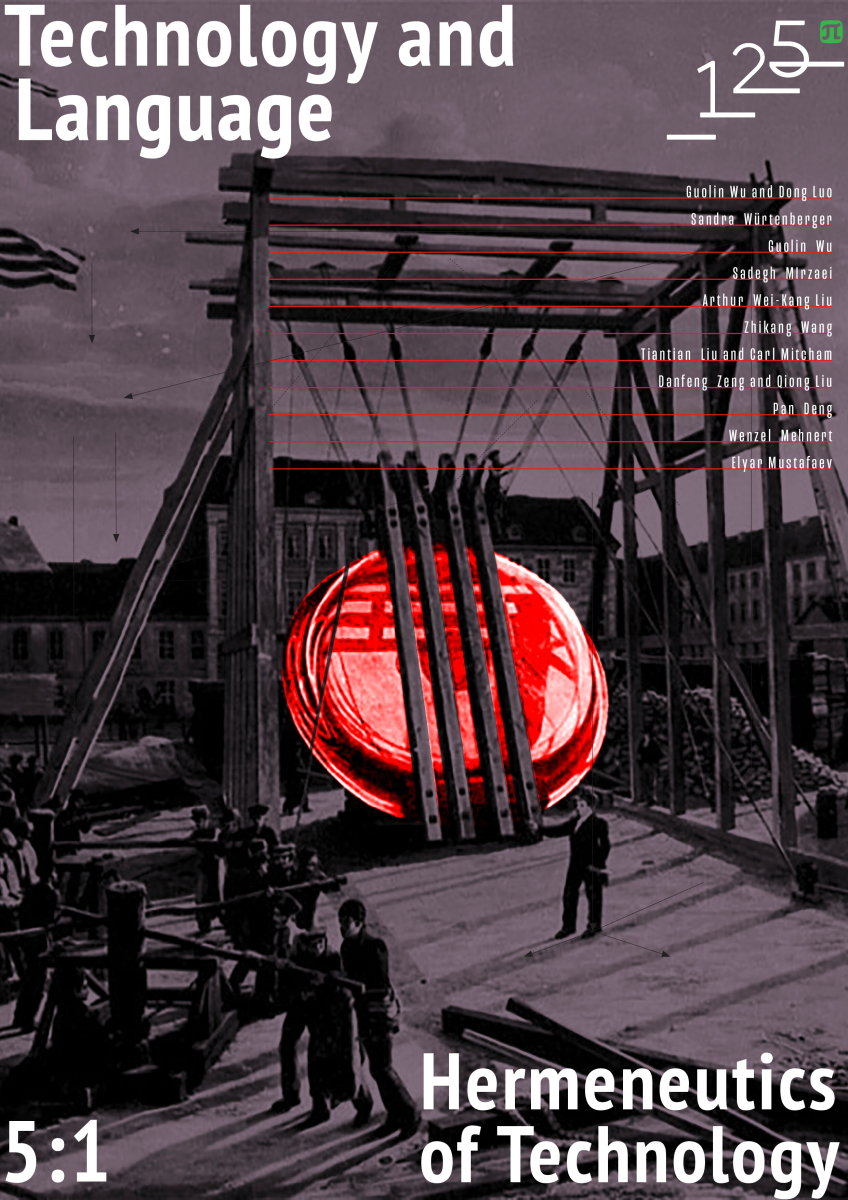Two Perspectives on the Multilingual Condition - Linguistics meets Philosophy of Technology
Multilingualism as a (sub)-discipline of linguistics with special interest in language acquisition and didactics was established in the 1990s. As time moved on, the discipline of multilingualism evolved into an interdisciplinary field of research, but not yet including a philosophy of multilingualism. In this record of a conversation between linguist Britta Hufeisen and philosopher Alfred Nordmann, the concept of multilingualism is explored as well as its differences to monolingualism. This implies differences also between the philosophy of language and a philosophy of multilingualism. Upon closer scrutiny it becomes clear that multilingualism is not only about language acquisition anymore but about the ways in which individuals can make themselves understood and orient themselves in a multilingual environment which includes artificial languages. In this way, the notion of affordances comes to the fore as individuals are afforded by their environment the use different language skills in different situations. The same applies to technology: Technology always affords us to do something in a specific way, but at the same time, while using it, we discover other possible uses and thus assign new meanings to it. This is where the linguist and the philosophic view diverge: The former puts an emphasis on the use of language and the actual semantic meaning of words, whereas the latter analyzes language and technology primarily in terms of its use, therefore meaning becomes a product of use. Both stress, however, the importance of culture and context for meaning and use.



